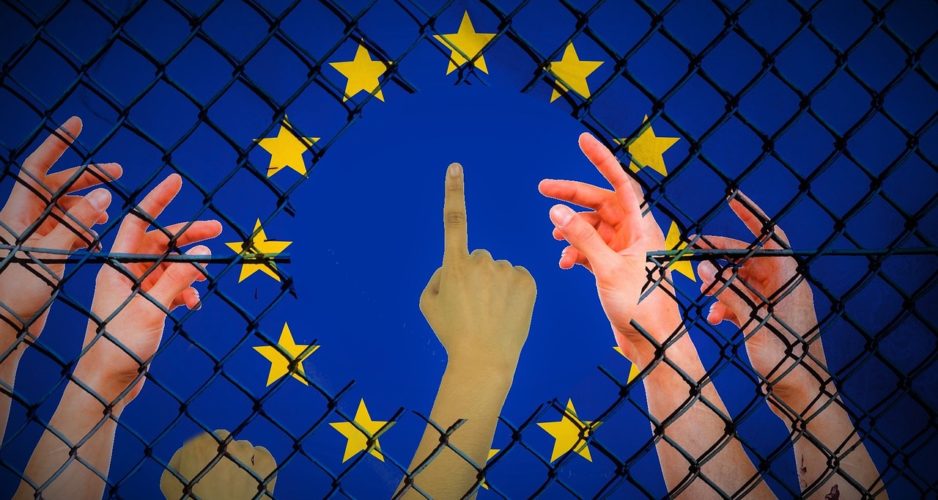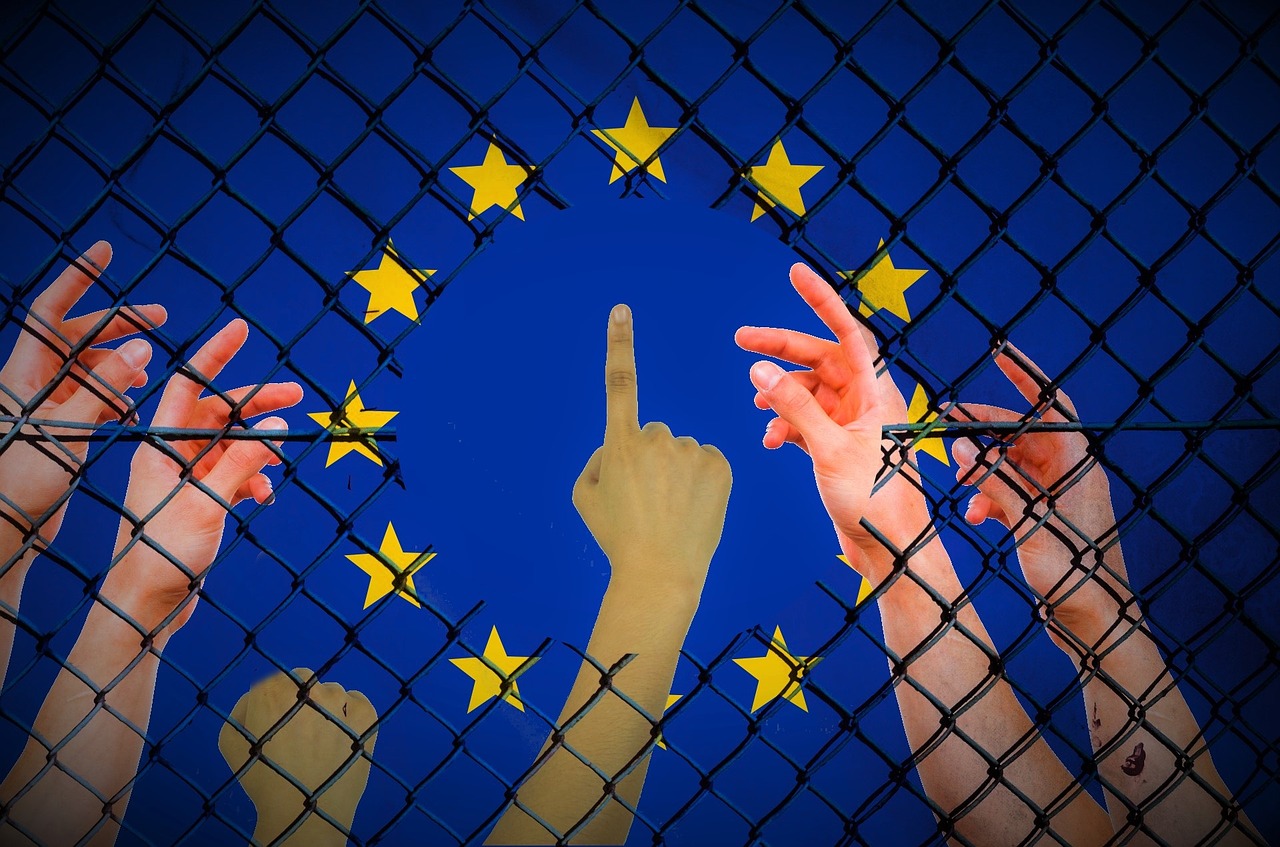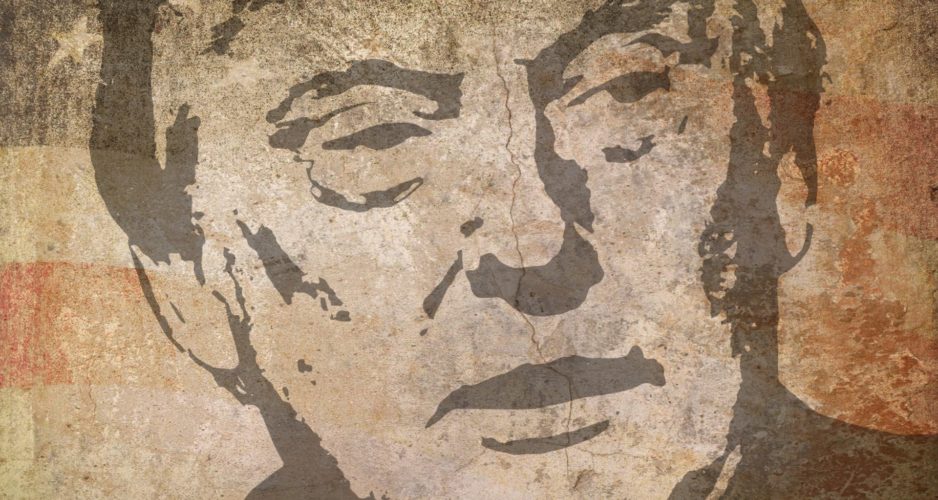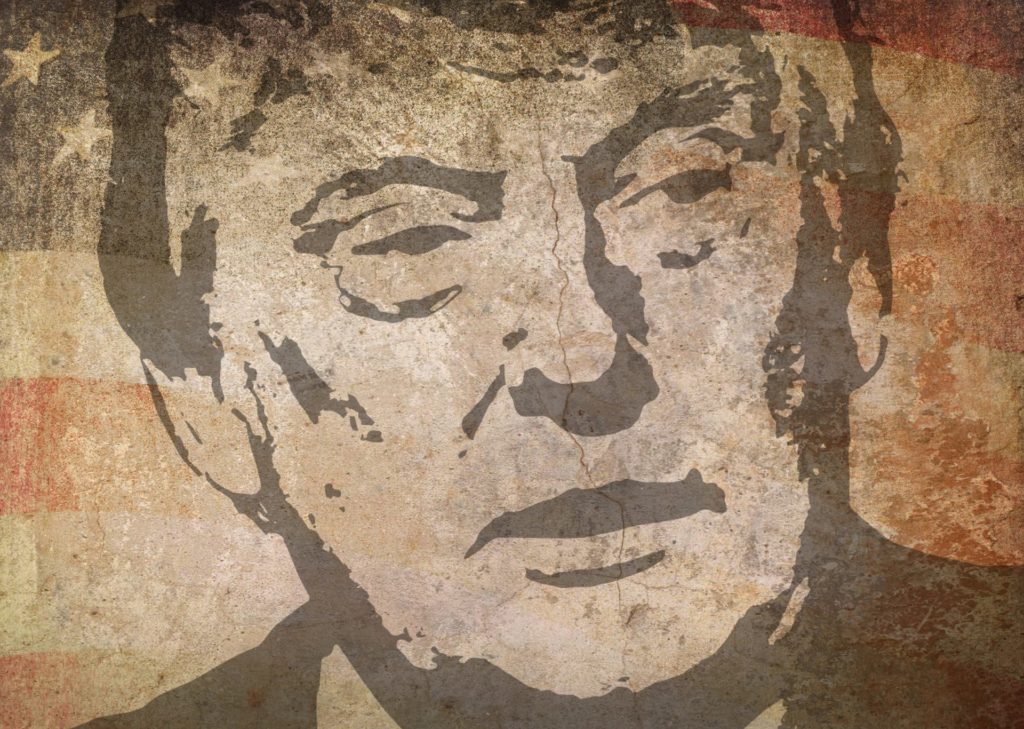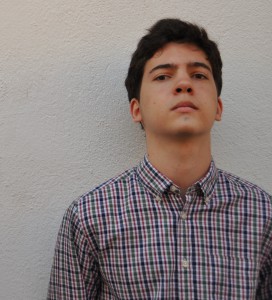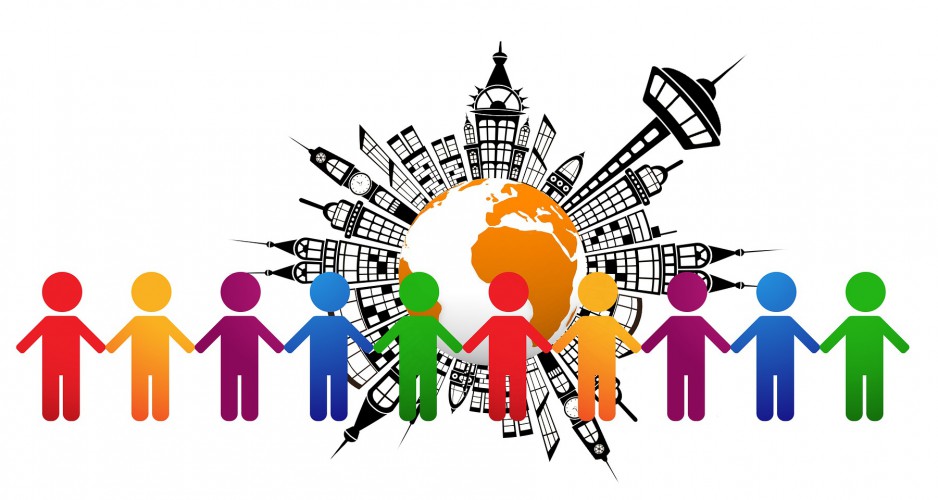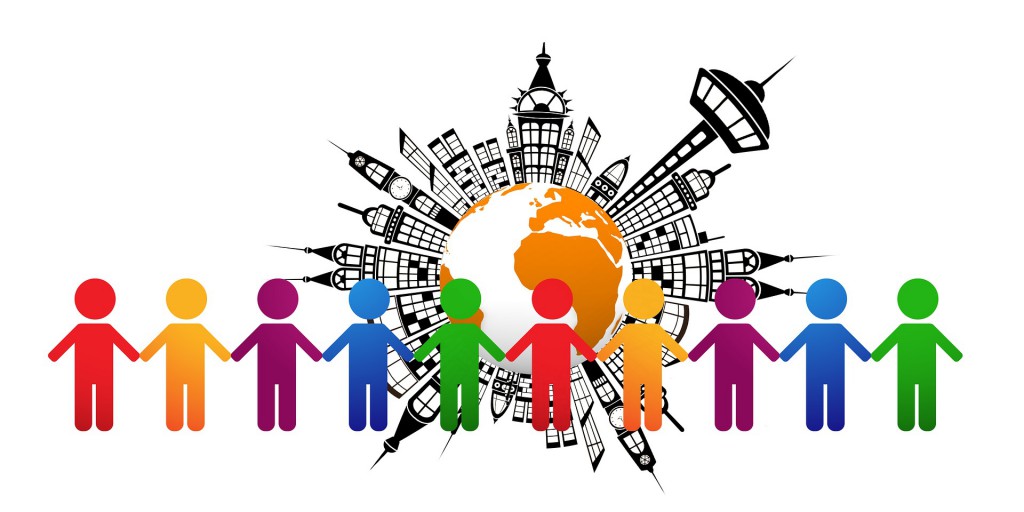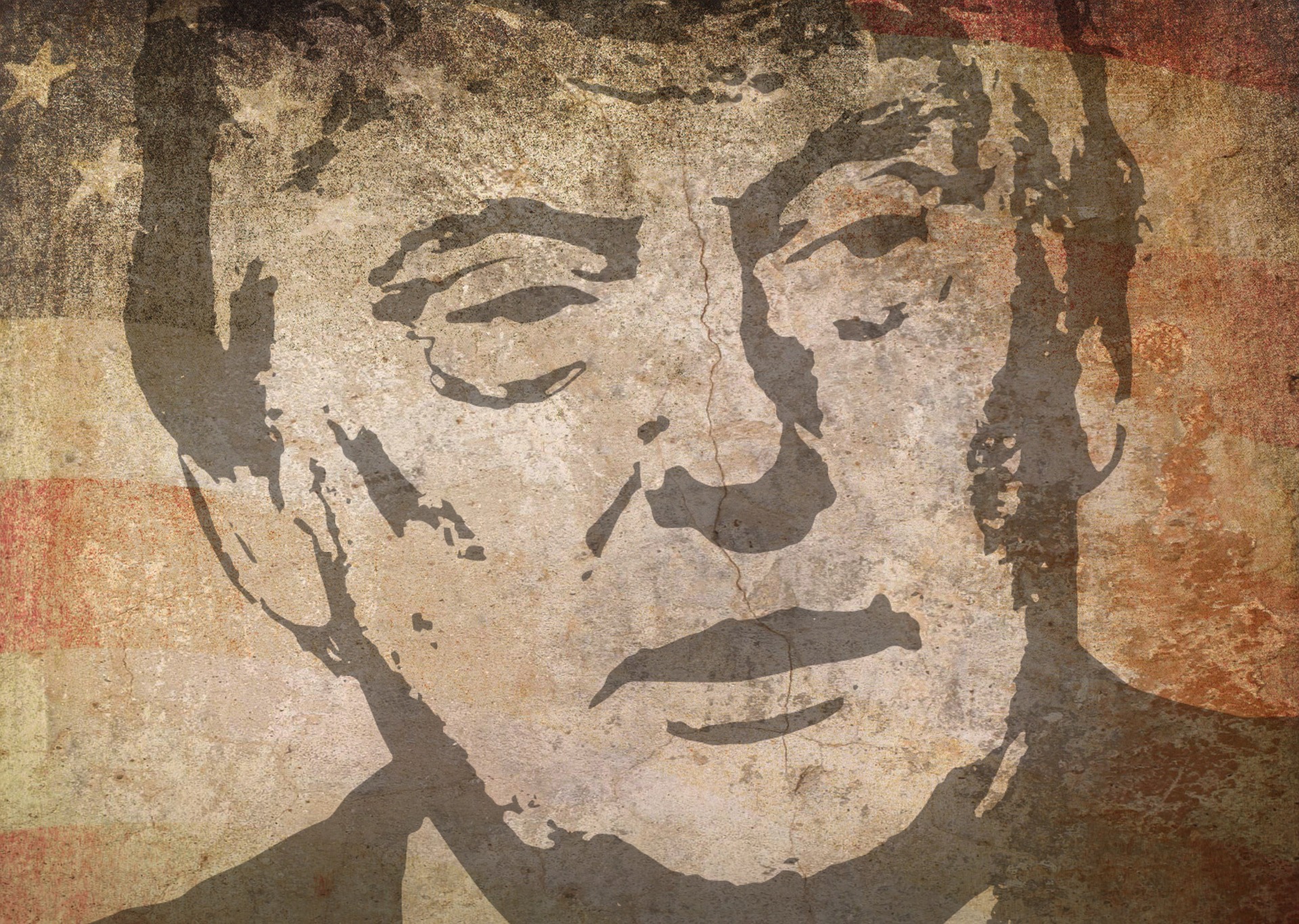
Donald Trump’s victory has generated a lot of different reactions in the European capitals, from big surprise, joy for some, to stupor. Some have also tried to analyse and provide a logical explanation for a better comprehension of a result that was not expected to many, not even the many polls that have failed obstreperously. For the Europeans, it is difficult to understand the changes in mind that are taking place between the American’s society. They have talked about raze, gender, age, social class and geographic distribution to try to explain this victory. From all of them, the most interesting analysis is the one related with globalization.
White middle-class working Americans have been hit hard by the Great Recession. The offshoring of big industries, which have settled in markets with more competitive prices, have left a big mass of workers unemployed and without expectations for their future. A lot of workers apprehended Barack Obama’s open and tolerant politics.
They oppose immigration and refugees’ welcomes since they fear about losing their jobs, so they hold on to the nationalist feeling to reaffirm their convictions. They also feel a deep resentment against the economic elites of their country, who they blame for the situation.
This analysis can also be related with the victory of the Brexit in the United Kingdoms, a very unexpected result. The message is simple: “Lets gain control back” Boris Johnson claim in the debates prior to the referendum. “Lets build a wall and make America great again” Donald Trump claimed without unobtrusive. Without coming to appreciate his histrionic and controversial person, Trump has managed to represent that resentment against the establishment. He has also awakened the hopes of those voters who, indeed, may feel that they have nothing to lose, that the system has nothing more to offer them.
The misgivings about globalization are legitimate. It has been seen in the past months in Europe, with the strong position shown by the Walloon region in the negotiations of the free trade agreement with Canada or the demonstrations that have been seen all over Europe against the TTIP. The effects these treaties may have over the working conditions of the European workers or over their environmental consequences are questionable and should be present in future debates. Nevertheless, the boom of xenophobia or the closure of frontiers won’t solve these problems but aggravates them. Climate change, for instance, can only be fought back if the States cooperate, just if they share objectives, just if they have a global vision of the problem. The isolationism and hatred cannot be the way out.
The election results, alongside with the Brexit and other events, such as the presidential elections in Austria, just confirm what several experts had predicted. We are getting into a new cultural clash that has globalization and its consequences as its sole protagonist. A new ideological conflict has come into the world’s play, between those who are in far of living in open, cosmopolitan societies and those who prefer to have close, protectionist communities, often being against cultural diversity. In this second group is where we can find Donald Trump and his populist nationalism.
What can the EU do in light of this new situation? First of all, reaffirm its willingness to integrate.
The European leaders must come up with and defend bold, and at the same time, realistic measures regarding various topics such as foreign policy, climate change and the creation of new opportunities for young people.
These leaders must bear in mind the foundational values of the EU. The European project was always based on tolerance, solidarity and respect towards cultural differences. However, the refugee crisis has put these values at stake. Therefore, the European societies need to develop their integration ability and to take advantage of the globalization process, without letting the intolerance and hate rise, nor leaving the working classes unprotected.
The challenge is immense and high levels of political skill and conviction will be required to overcome it. The populist, xenophobic speech must be fought with ideas, proposals and through a thorough, ethical debate.
Populists have already claimed two significant victories, and they could reinforce their success this year in the French presidential elections. We have proven to be incapable of noticing the dangerous parts of their speech, until seeing one of their main representatives win his way into the White House.
This quandary is surely going to be present in and heavily influence the next few years, and probably, the next few decades. Even though the future is quite uncertain, there are reasons to keep hope. Neither Brexit, nor Trump were the most voted option within the younger generations.
Hillary Clinton’s concession speech was calm and solemn. She had made mistakes during her campaign. Many have lamented the fact that she has been unable to shatter women’s last ceiling. However, we have to acknowledge she has already made history, she has already shattered plenty of ceilings. She is the first women to ever be candidate to the Presidency of the United States on behalf of one of the two main parties. Furthermore, she is the first woman to ever win the popular vote in that country. Her flaws should not cast a shadow over a career full of accomplishments.
In her speech, she thanked all people who had supported her and recognized her defeat. The former Secretary of State also made an inspiring petition to the young: “This loss hurts. But please never stop believing that fighting for what’s right is worth it”. Hillary has already left a mark on history. Now it is the time to be up to the expectations and leave ours.

 Now it has also reached Germany. The fact that a right-wing populist party, the AfD in Germany moves into the Bundestag with official provisional results of 12, 6% is another warning for Europe. Everywhere in Europe, tendencies to close the borders, return to the nation state and abolish a common currency can be seen. The leaders in Europe have been warned sufficiently to take populists seriously and to do everything to ensure that Europe remains a one-of-a-kind entity. Europe’s youth in particular is called upon to take a stand against all positions of populists and clearly choose a free Europe without borders. We do not want to lose all the advantages that Europe has given us in the last 50 years and return to nation-states. We want to continue to be able to travel freely within the EU, pay in a common currency and be able to communicate with all people. Our goal is to maintain a free Europe and to give all people equal opportunities. That is why we launched the initiative European Youth Marathon with the slogan ‘I’m a part of Europe’. Join us and fight for the unity of a free Europe.
Now it has also reached Germany. The fact that a right-wing populist party, the AfD in Germany moves into the Bundestag with official provisional results of 12, 6% is another warning for Europe. Everywhere in Europe, tendencies to close the borders, return to the nation state and abolish a common currency can be seen. The leaders in Europe have been warned sufficiently to take populists seriously and to do everything to ensure that Europe remains a one-of-a-kind entity. Europe’s youth in particular is called upon to take a stand against all positions of populists and clearly choose a free Europe without borders. We do not want to lose all the advantages that Europe has given us in the last 50 years and return to nation-states. We want to continue to be able to travel freely within the EU, pay in a common currency and be able to communicate with all people. Our goal is to maintain a free Europe and to give all people equal opportunities. That is why we launched the initiative European Youth Marathon with the slogan ‘I’m a part of Europe’. Join us and fight for the unity of a free Europe. Prof. Dr. Manfred Pohl is CEO and founder of My Europe 2100 e.V.. Additionally, he is founder of the future think tank Frankfurter Zukunftsrat, founder and Deputy Chairman of the European Association for Banking and Financial History (EABH) as well as of the Institute for Corporate Cultural Affairs. In 2011 he was awarded with the Verdienstkreuz 1. Klasse of the Federal Republic Germany for his charitable commitment in the European banking and financial sector. Read more…
Prof. Dr. Manfred Pohl is CEO and founder of My Europe 2100 e.V.. Additionally, he is founder of the future think tank Frankfurter Zukunftsrat, founder and Deputy Chairman of the European Association for Banking and Financial History (EABH) as well as of the Institute for Corporate Cultural Affairs. In 2011 he was awarded with the Verdienstkreuz 1. Klasse of the Federal Republic Germany for his charitable commitment in the European banking and financial sector. Read more… 



